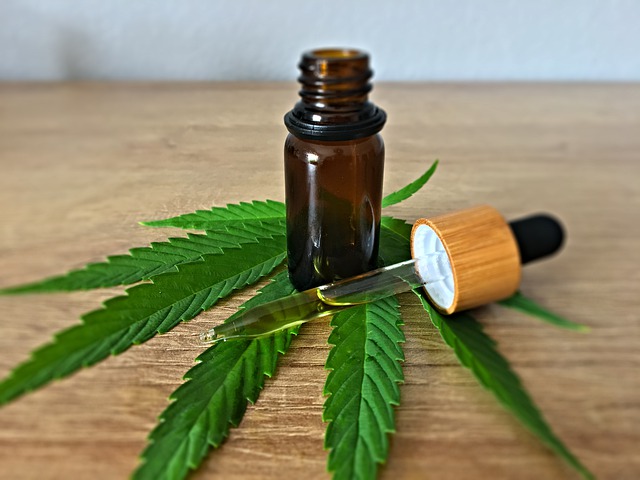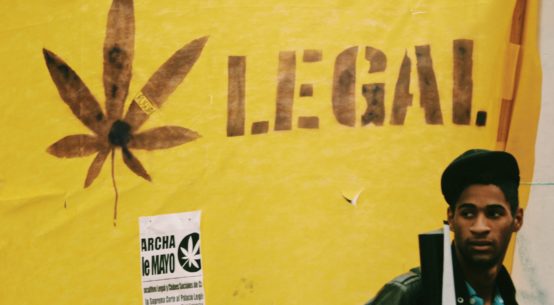
CBD products are all the rage, and so is the debate as to their effectiveness. Some believe it’s nothing more than modern day snake oil, predicated on baseless claims and promises.
Others believe it can be a matter of the product using alcohol distillate versus full spectrum CBD. And don’t forget the people who believe that CBD is far more effective when used with more than the government appointed.3 percent THC. (Slowly raises hand….)
But left out of that conversation is the question “Does the CBD product I’m using actually contain the amount of CBD stated on the label?”
Because it would be nutso if you bought something that had less CBD that listed, correct? Thank goodness we have a strong system in place to keep that from –
Oh, for fuck’s sake.
No, we don’t have such a system in place, yes, it’s possible that you are getting screwed, and yes, it’s happening more than you think. Thanks to a thorough piece reported by Leafly on the subject, we now have a much better idea of why the label can’t always be trusted.
Last month, Leafly published a story examining 47 different CBD products they had tested by Washington State based lab, Confidence Analytics. The products were acquired from a variety of sources: online sellers, chain pharmacies, grocery stores, gas stations, and other retail outlets. (We’ve talked about why you shouldn’t purchase CBD products from gas stations, haven’t we? Yes, we have. Don’t do it.)
The test results show just how wide a margin of error exists for CBD products, and underscores the importance of knowing your grower. Because these numbers are NOT encouraging. From Leafly:
51% of products (24 of 47) delivered the promised CBD within 20% of the labeled dosage.
23% of products (11 of 47) delivered some CBD, but less than 80% of the dosage promised on the label.
15% of products (7 of 47) delivered more than 120% of the promised CBD.
11% of products (5 of 47) delivered no CBD whatsoever.
And yet, these numbers are a vast improvement from just a few years back. Leafly reminds us that the FDA did such testing on CBD products beginning in 2015, when they found zero CBD in 18 products tested.
In 2016, the FDA tested 22 products, finding 77% of them had “little to no CBD,” with a mere four containing anything close to what was on the label. So while the results from Leafly’s tests are disheartening, things are getting better. Yay.
Leafly used the same criteria found in the FDA’s guidelines for label accuracy for dietary supplements.
Those guidelines establish that a label is considered accurate if the products test within the range of minus or plus 20 percent of the listed active ingredients.
Example: A bottle of CBD claiming to contain 1000 mg of CBD is still considered accurate if it has anywhere between 800 mg (20 percent less) and 1200 mg of CBD (20 percent more.) Does it suck if you pay for 1000 mg and get 800 mg? It sure does, but that’s acceptable by FDA standards, so shut up and eat your CBD, Blanche.
From those test results, Leafly found some interesting trends:
For accuracy, tinctures and gummies lead the pack. Of the seven tinctures tested, they all delivered at “least 85 percent of the label dosage” while five of the seven came “within 10 percent”. For gummies, five of the six tested had at least “84 percent of the promised dosage.”
The most CBD was found in capsules. Leafly tested four, and all came back with more than 100 percent potency, with “three of the four testing at or above 140 percent.”
The least CBD was found in waters. Leafly tested four brands, and three had zero CBD, with the fourth brand delivering an underwhelming 70 percent. Fun fact: In you have indoor, functional plumbing, you have a super low cost alternative to CBD free water.
The broadest spectrum of accuracy was found in vape carts and topicals. Leafly tested 10 vape products, and found six had “less than 80 percent,” with two “having less than 10 percent.” Of the 11 topicals tested, the range was wild: 37 to 152 percent of what was label listed was found in the products.
The piece shows a breakdown of each product in a simple spreadsheet. If you have friends or family obtaining their CBD from any of the outlets listed, make sure you pass it along.

